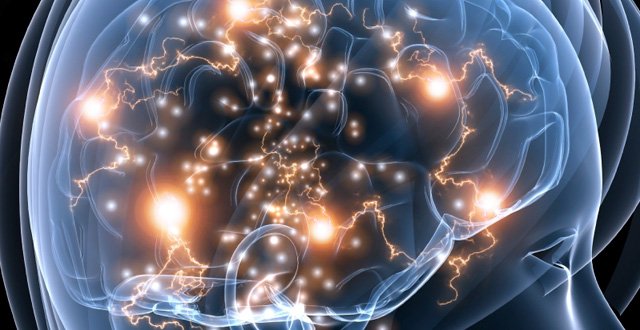
The guest lecture
at the Irish Neurological Association (INA) Neurology Update meeting in Belfast
was on the subject of autoimmune encephalitis.
The lecture was delivered by Prof Sarosh R Irani, who is
head of the Oxford Autoimmune Neurology Group, and Co-director, Oxford
Autoimmune Neurology Group, Diagnostic Laboratory.
Prof Irani is a Consultant Neurologist and
clinician-scientist with clinical and laboratory experiences in the field of
autoantibody-mediated diseases of the central nervous system. He runs a
dedicated clinic for the care of these patients and runs a research group of 20
clinicians and scientists to learn more about the origins and treatments of
these diseases.
According to Prof Irani, autoimmune encephalitis should be
thought of as a heterogeneous range of disorders rather than a single disorder.
Autoimmune
encephalitis refers to a group of conditions that occur when the body’s immune
system mistakenly attacks healthy brain cells, leading to inflammation of the
brain. People with autoimmune encephalitis may have various neurologic and/or
psychiatric symptoms. Neurologic symptoms may include impaired memory and
cognition, abnormal movements, seizures, and/or problems with balance, speech,
or vision. Psychiatric symptoms may include psychosis, aggression,
inappropriate sexual behaviours, panic attacks, compulsive behaviours,
euphoria, or fear.
In his talk, Prof Irani showed how the clinical features
of autoantibody-mediated encephalopathies are distinctive.
For example, he spoke of how LGi1 autoimmune encephalitis
is characterised by a number of frequent, multifocal seizure localisations with
multiple semiologies, in addition to faciobrachial dystonic seizures and
numerous subclinical seizures.
According to Prof Irani, the LGi1 and CASPR2 variants have
strong human leucocyte antigen (HLA) associations.
He spoke of GABAA and GABAB receptor
encephalitis, which is characterised by “complex partial seizures”, and amnesia
and behavioural change. This type of autoimmune encephalitis is also associated
with cancer.
Also, Prof Irani said patients with Iglon5-antibodies show
a unique neuroimmunology-neurodegenerative interface.
The last condition described was NMDA receptor
encephalitis, which occurs when
antibodies produced by the body’s own immune system attack NMDA receptors in
the brain.
Prof Irani stated these patients have “a distinctive
psychiatric syndrome (and movement disorder)” and that psychiatric symptoms
manifest before people begin developing seizures.
Speaking to the Medical Independent
(MI), Prof Irani explained how the diversity of the condition,
which responds well to immunotherapy, came to be recognised.
“It started with one or two or three patients, when people
spotted that patients who had an encephalitis in a certain form had a specific
biomarker, which turned out to be causative. And people then said ‘this looks
similar, this one looks similar, and this one looks similar, maybe they also
have other autoantibodies’. So over the last 20 years, that has gone
exponentially upwards in terms of numbers, each phenotype seems to be a little
different to the next, although there are clear overlaps.”
Prof Irani said currently 14 types of the condition have
been classified, but speculated this is likely to grow over the coming years.
“These are very treatable cases,” he said. “They tend not
to do well with conventional treatments. But if you give them treatments which
suppress the immune system, they do very well usually. Neurologists are very
switched on and excited about developments in this area. I think the key is to
do the same in general medicine because that is often where patients first turn
up, or psychiatry, which is the other place where they first turn up. Those are
the two specialties, if they can keep their eyes and ears open, it would make a
big difference.”





Leave a Reply
You must be logged in to post a comment.